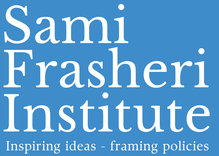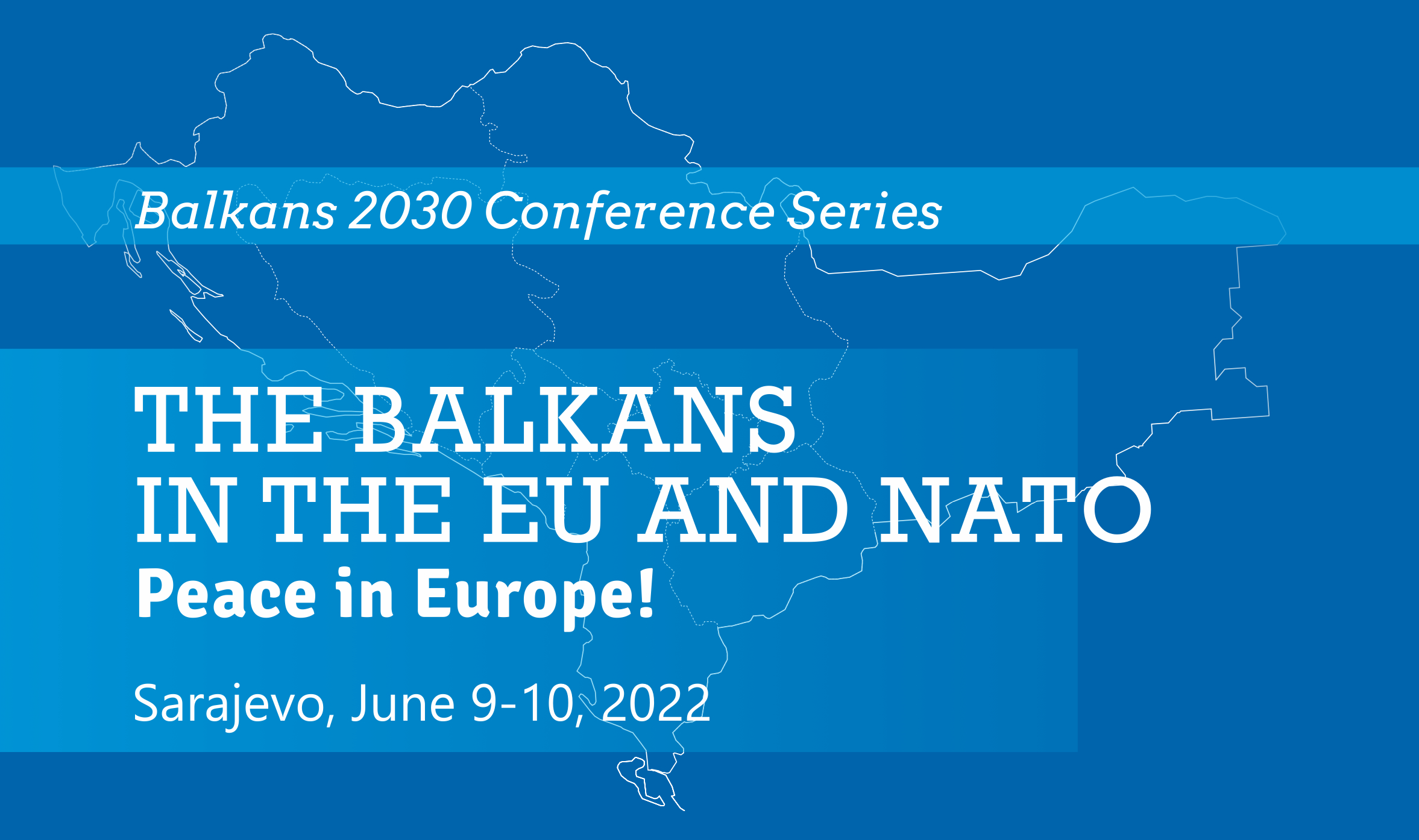We are pleased to announce the second meeting of the “Balkans 2030” conference series, a collaborative effort between the Center for Advanced Studies in Bosnia and Herzegovina and the Institute of Political Studies “Sami Frashëri” in Albania. This pivotal event is scheduled to take place in Sarajevo on June 9-10, 2022, under the theme “The Balkans in the EU and NATO: Peace in Europe.”
Event Overview:
The conference aims to bring together political analysts, academics, and scholars from across the Balkan region, including Albania, Bosnia and Herzegovina, Kosovo, North Macedonia, and Montenegro. Participants will engage in in-depth roundtable discussions, exploring the strategic significance of the Balkans’ integration into the European Union and NATO and its implications for regional peace and stability.
Keynote Presentations:
- Dr. Mentor Beqa, Executive Director of the “Sami Frashëri” Institute, and Dr. Ardian Muhaj, Chairman of the Board, will present their research and insights on the conference theme. Their contributions are expected to shed light on the evolving geopolitical landscape of the Balkans and offer perspectives on fostering peace and security through integration into European and transatlantic structures.
Background:
The “Balkans 2030” conference series was inaugurated in Shkodra on November 19-20, 2021, marking the beginning of a significant dialogue on the future of the Balkans. This second meeting in Sarajevo builds on the foundation laid by the first, aiming to further the discussion on the challenges and opportunities facing the region in the context of European and NATO integration.
Join Us:
This conference represents a unique opportunity for scholars, policymakers, and interested individuals to engage with contemporary issues facing the Balkans, contributing to a comprehensive understanding of the region’s path towards peace, stability, and prosperity.


 Share on WhatsApp
Share on WhatsApp
 Share on Facebook
Share on Facebook

